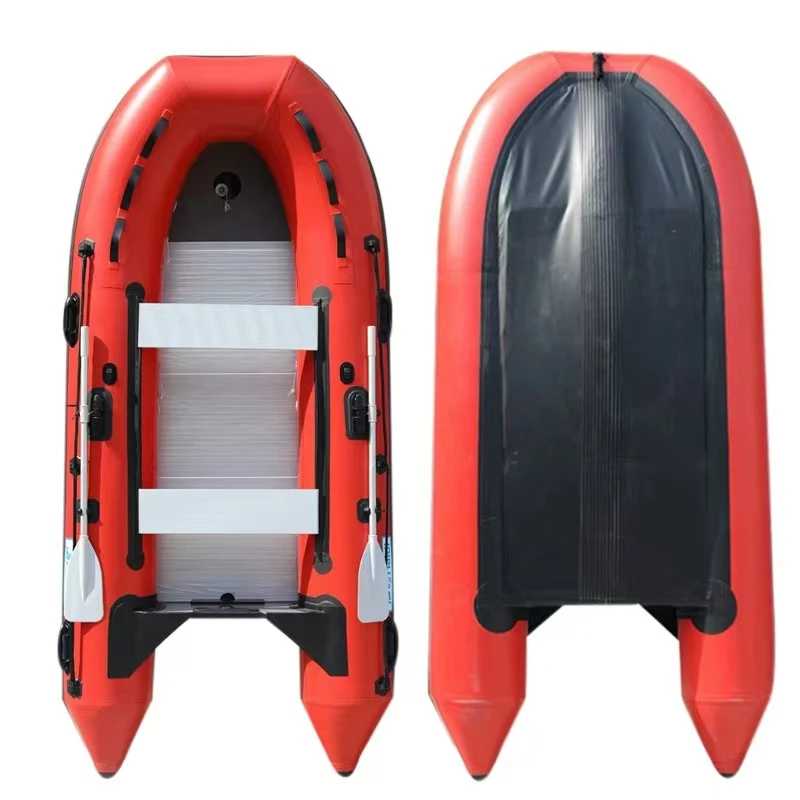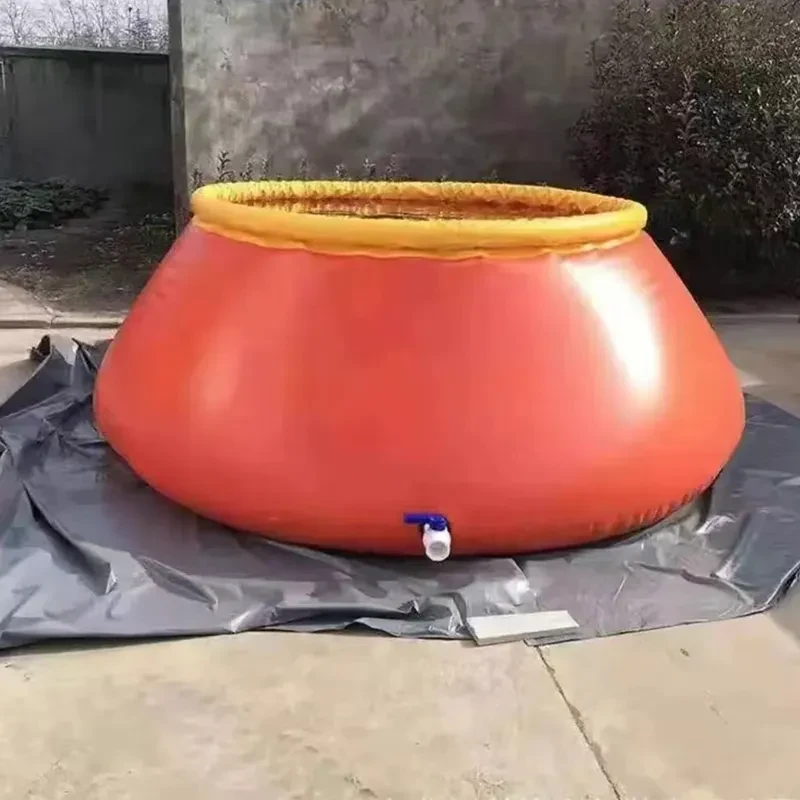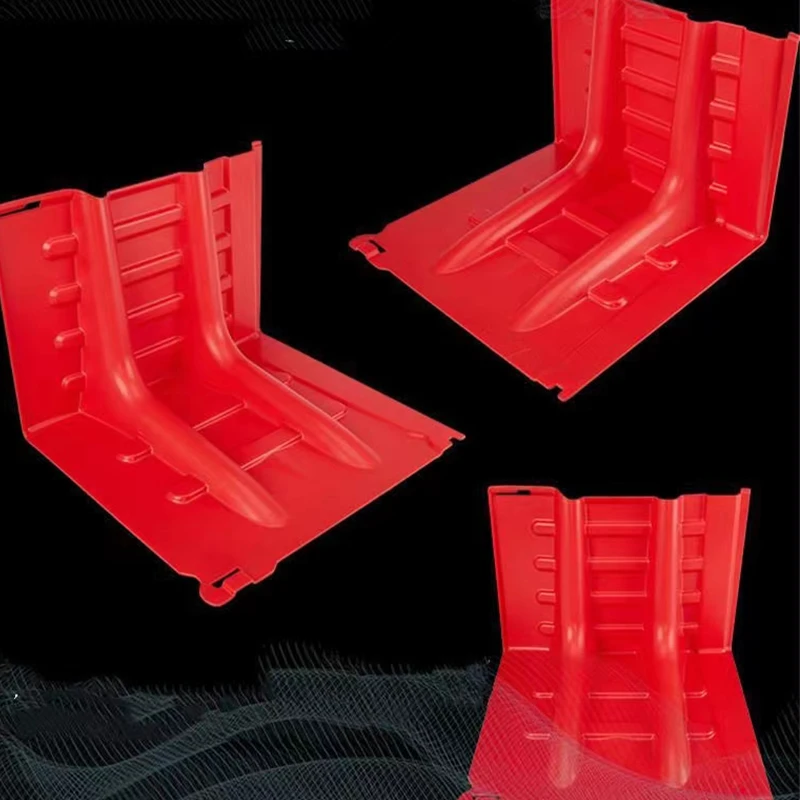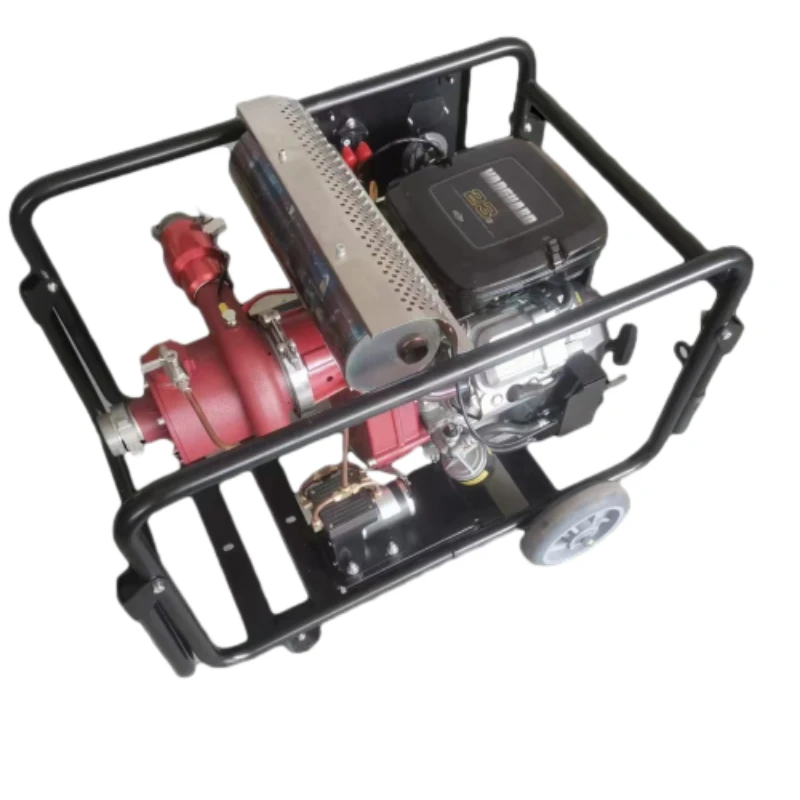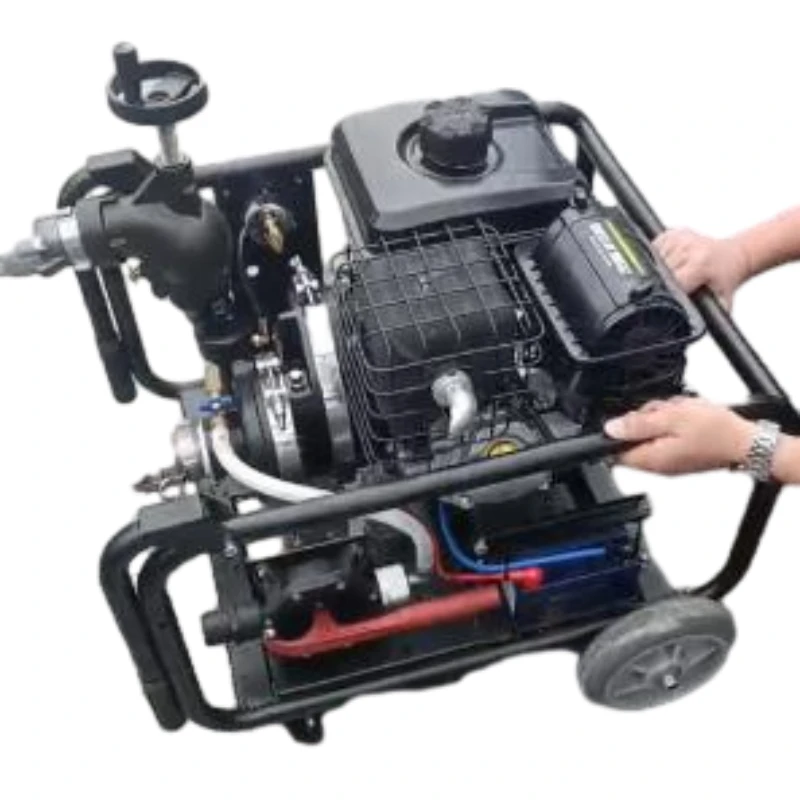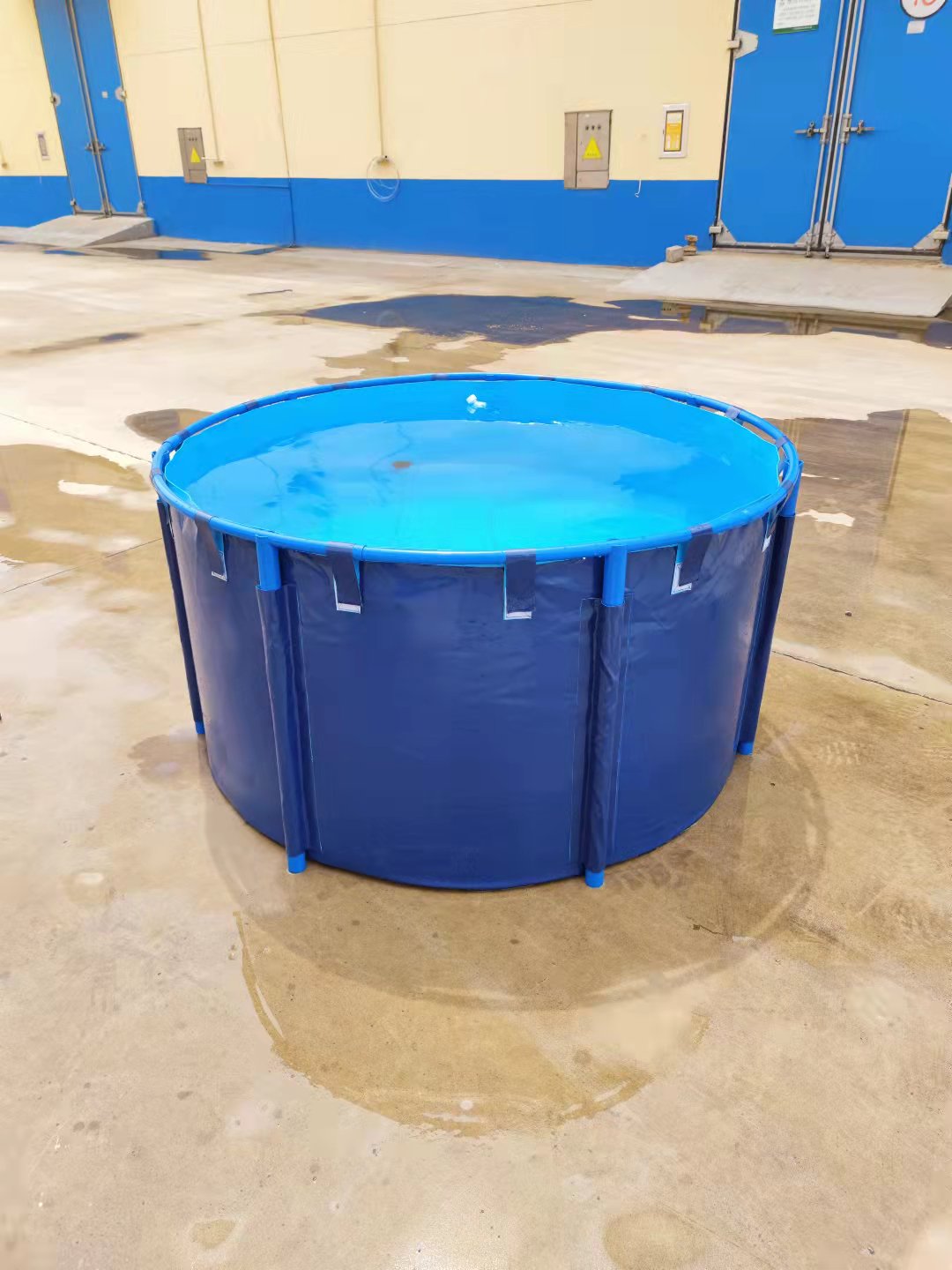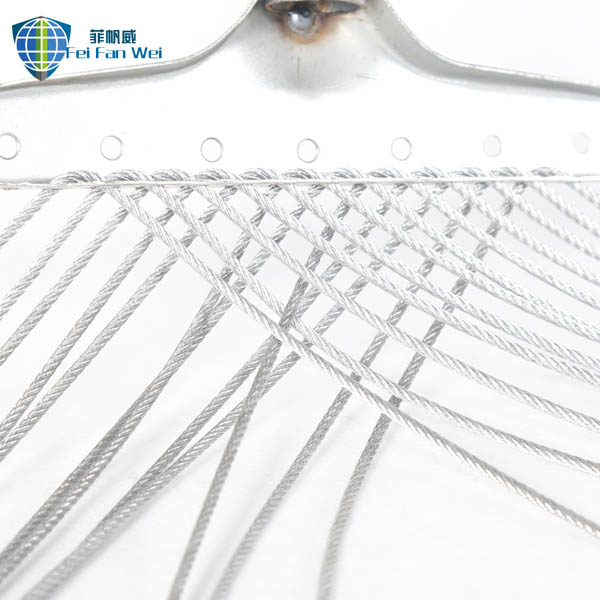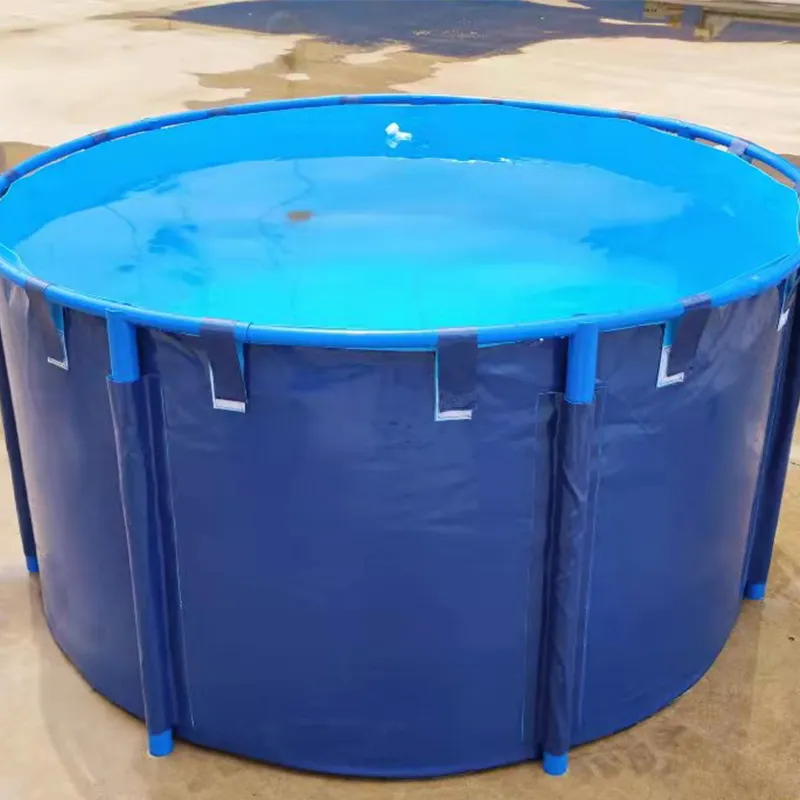
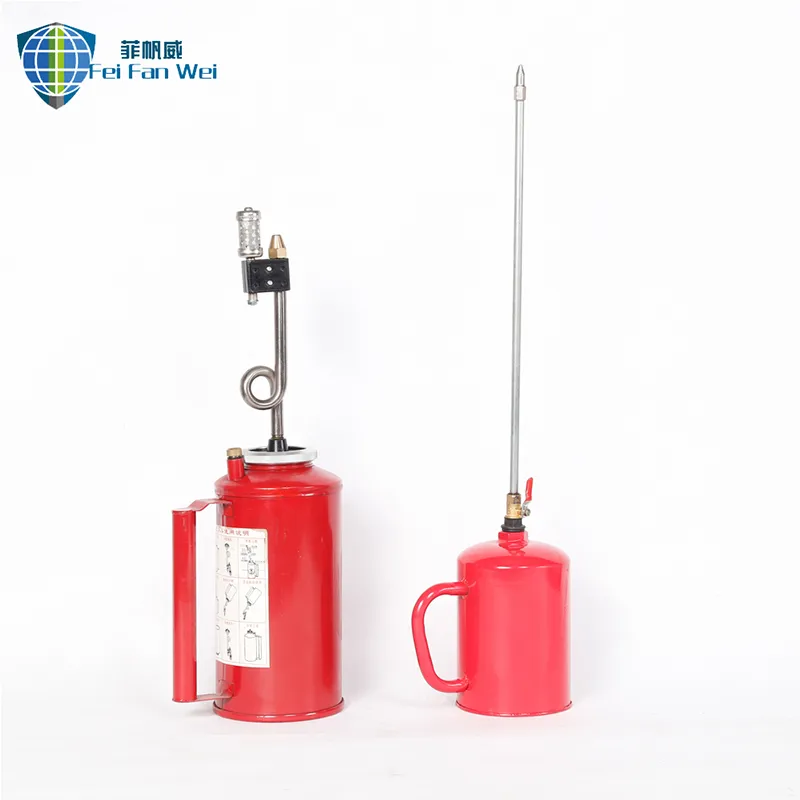
Conducting regular inspection and testing of fire pumps is non-negotiable. Maintenance checks should ensure the integrity and functionality of parts like pump casing, impeller, seals, bearings, and coupling. Performance tests, including flow test and pressure test, validate the pump's capability to deliver water at required pressures consistently. Regular servicing by trained professionals ensures the longevity and readiness of fire pumps, minimizing any mechanical failures in emergencies. Authoritativeness in handling fire pumps translates to selecting certified and trusted brands that comply with stringent fire safety standards. Reputable manufacturers provide fire pumps that are UL and FM approved, offering an extra layer of reliability. Companies like Grundfos, Xylem, and Pentair are renowned for providing high-quality fire pumps with comprehensive customer support, essential for maintaining system integrity over time. Trustworthiness is anchored in documentation and transparency regarding fire pump systems. Proper record-keeping of installation, maintenance, and performance tests establishes a clear history, crucial during audits or investigations following an incident. Purchase and installation should only be conducted through licensed professionals, assuring adherence to safety standards and regulatory compliance. In conclusion, the effectiveness of a fire pump extends beyond its mechanics—its value lies in meticulous planning, correct installation, dedicated maintenance, and choosing reliable partners. As an indispensable component of modern fire suppression strategies, fire pumps arguably offer the first line of defense against the unpredictable nature of fire, providing peace of mind and protection of invaluable assets and lives. Embracing the knowledge and approach detailed above serves building managers, owners, and safety officers in safeguarding their environments with optimized readiness and resilience.









